My OERgin Story
My first exposure to the concept of OER came at a YC Convocation. I remember sitting in my seat, looking at the statistics about student needs and nodding my head. At that moment, I didn’t truly comprehend the full scope of OER, but what I took away from that presentation was the importance of providing free and low cost textbooks for students. I immediately started working toward shifting my focus from finding textbooks to finding materials/websites that I could share with my students at no cost. They weren’t OER (as I would find out later), but they were free!
Being cognizant of students’ finances has always been important to me as a teacher. Early on in my teaching career, one of the textbooks that was required for students was the Little, Brown Handbook, which I used in my freshman composition course. For some reason, I decided to compare the version required for my students and the one I used…and I was shocked to see that, even though several editions existed between the two versions, the wording and examples were identical. The editors had simply changed page numbers and organization. It was entirely possible for students to use the Table of Contents and Index to find the information. From that point on, I advised students to look for older editions. As time went on and more online options became available, I showed students how they could find lower priced textbooks–and let them know that most colleges house all required texts in the library. By the time I heard about OER, my textbook cost $55 for an online version that students could use across three of my courses (ENG 100, 101, and 102) and that they would have access to for four years.
As is the case for most teachers, much of my approach to teaching came through my own experiences. I was a first generation college student and a Pell grant student, in addition to being a female majoring in the sciences (I was a Chemistry major). I ended up changing my major to English half-way through my junior year (mostly because it meant I could graduate a semester early and get a full-time job). One class I took during the summer was Shakespeare. Even though all the works of Shakespeare are in the public domain, my course required a textbook that cost almost $200. I remember desperately trying to figure out how I could afford a book that was my food budget for 3 months. I ended up checking the library on a whim and was able to check out the book. Phew!
My dad died my freshman year in college, and I remember helping my little brother fill out his FAFSA…my parents combined made just over $13,000 that year–with four children at home. I honestly don’t know how they survived. Of course, my siblings and I started working very young and paid for most of our expenses, including our clothing. I was responsible for paying for my vehicle insurance, gas, clothing, anything I needed for school, etc. (My uncle gave me his 1970-something Cutlass Supreme for free–my dad later sold it for $50…and gave all the money to my uncle. lol) I know what it’s like to go to school full-time and work to pay for expenses. I know the feeling of having $1 in your bank account and no food to eat. This is why the OER movement is so close to home for me.
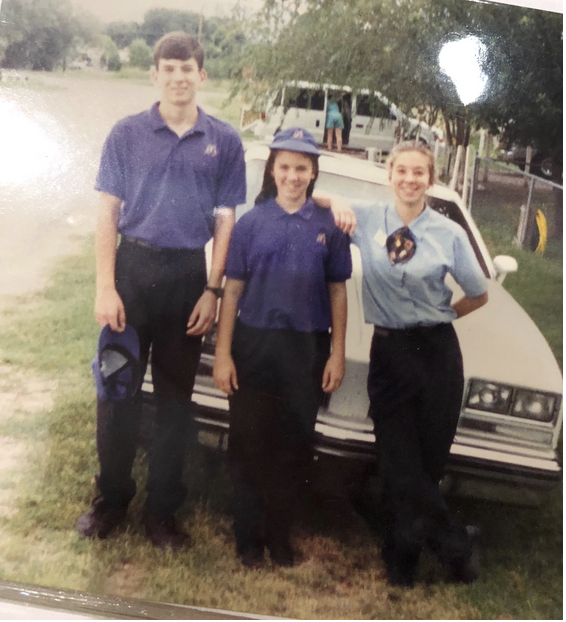
Here’s a super fun picture of me and my siblings in our amazing McDonald’s uniforms in front of the Cutlass!
As YC adopted OER as an initiative, I committed to learning all about OER and exploring what I could do for my students. I quickly learned that providing free resources wasn’t the entire point of OER. After wrestling with the typical questions about quality, I jumped in with both feet and, not only transformed my courses into OER, but created FOUR textbooks for my students.
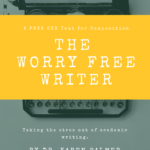
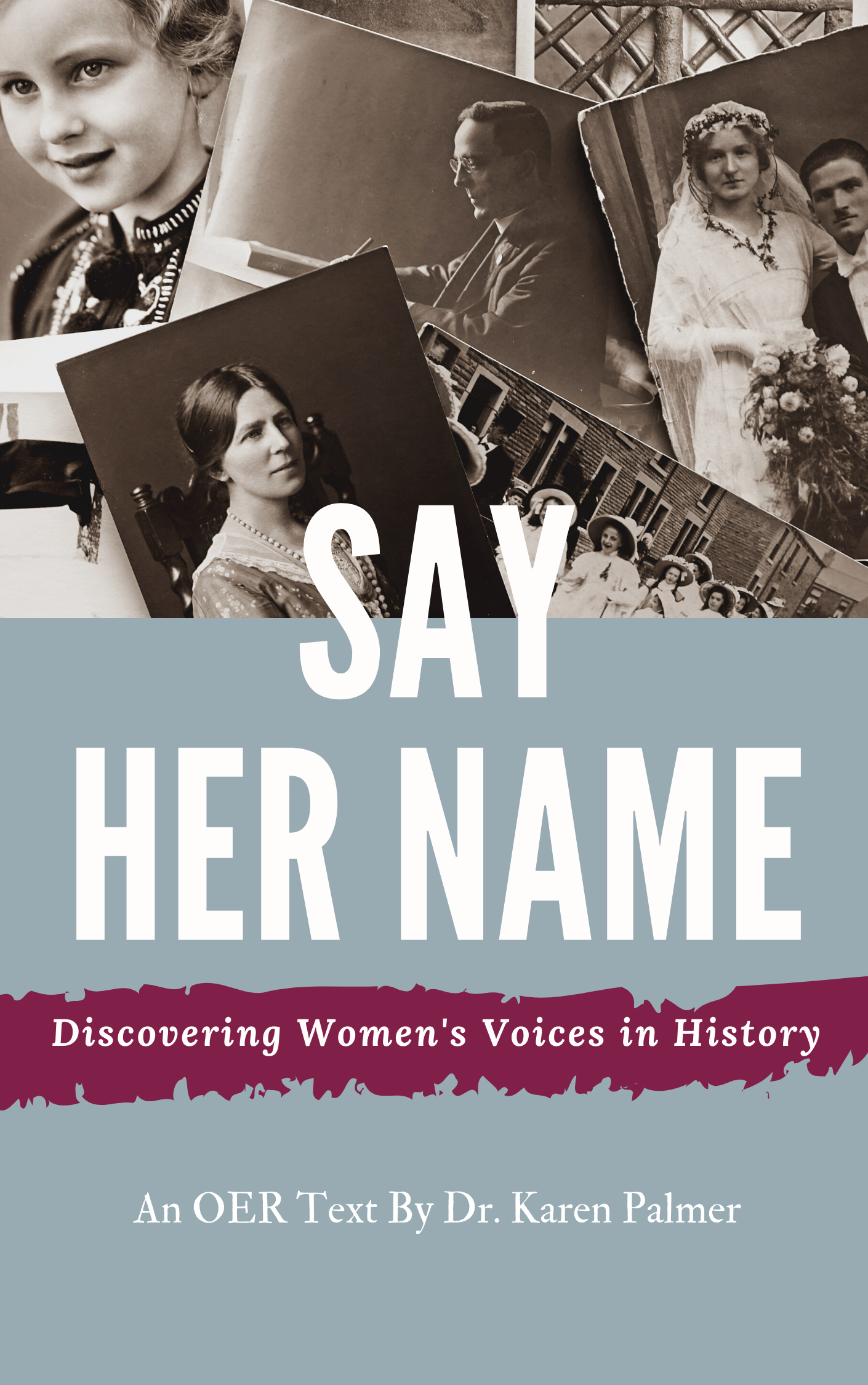
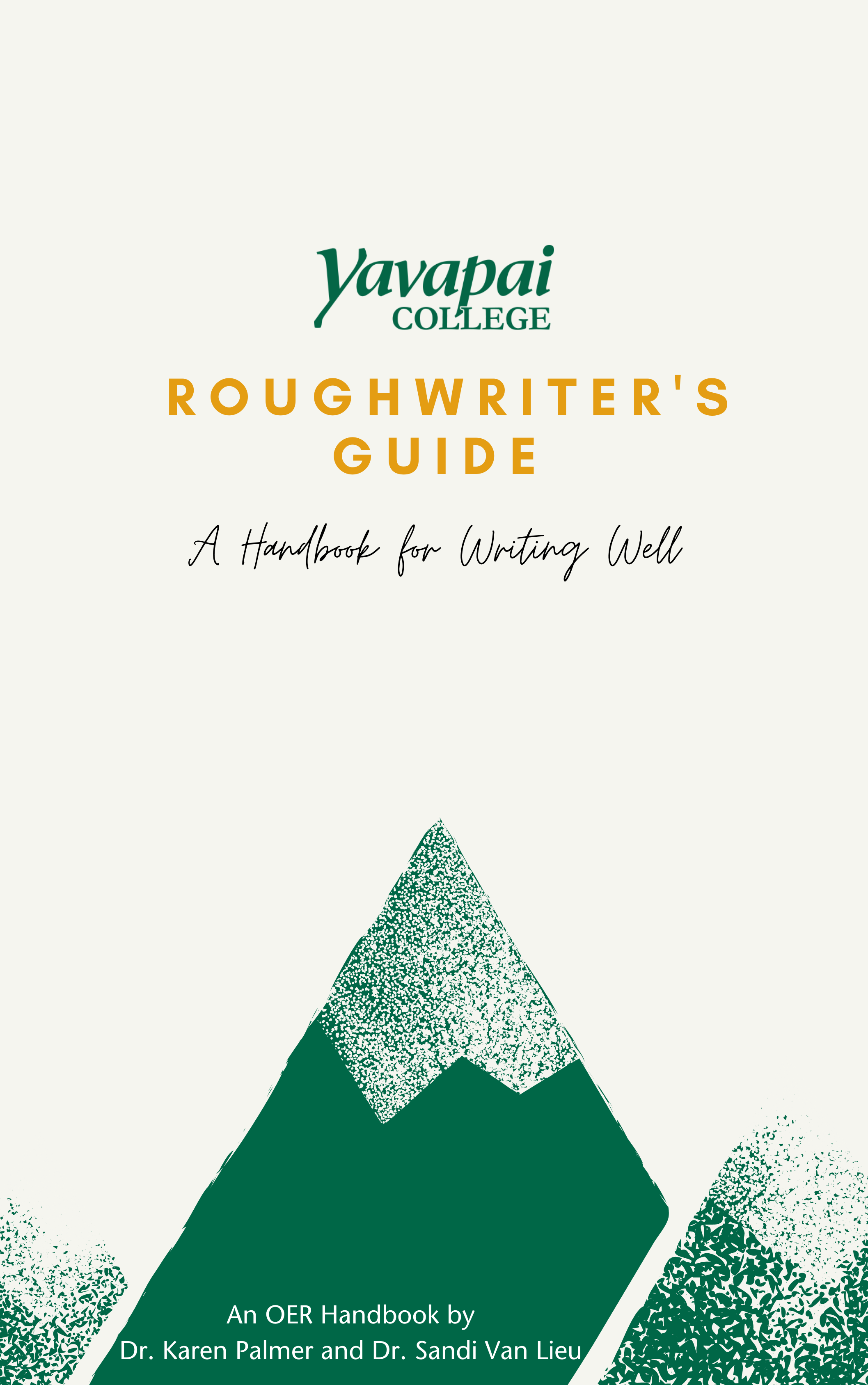
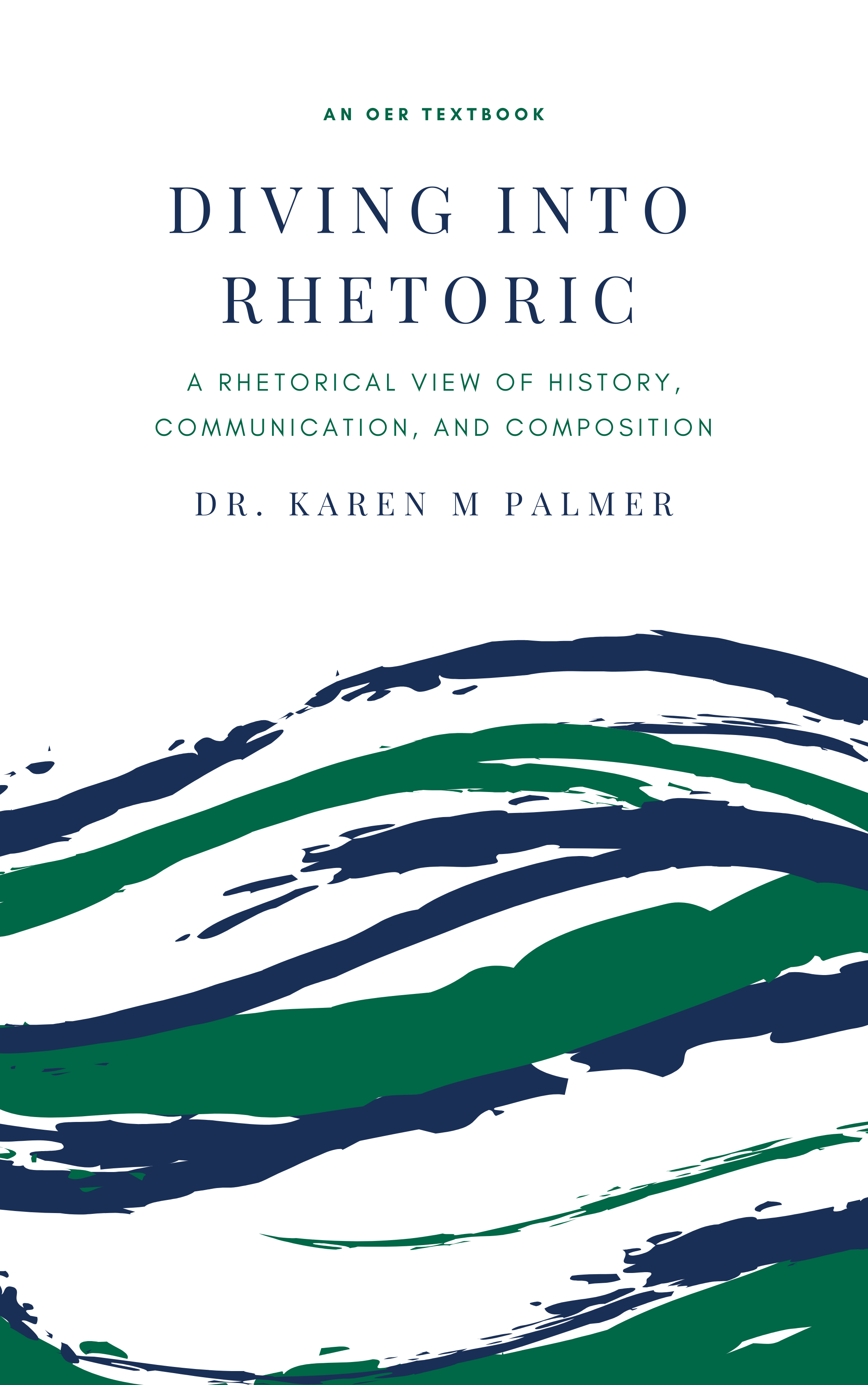
This experience was pivotal for me, and I’ve gone on to present in several conferences about the value of OER for students and sharing my process for creating these texts. In addition, I am serving YC in the role of OER Faculty Facilitator this year, guiding faculty through the YC OER course.
Moving forward, I hope to continue to be a voice for students and an advocate for OER. I understand faculty concerns about OER, and I have my own “Atlas Shrugged” moments, but, in the end, I’m here because I want to help students. And, by creating and sharing OER resources, I’m not only helping my own students, but helping other faculty jump into OER, hopefully having an exponential impact.